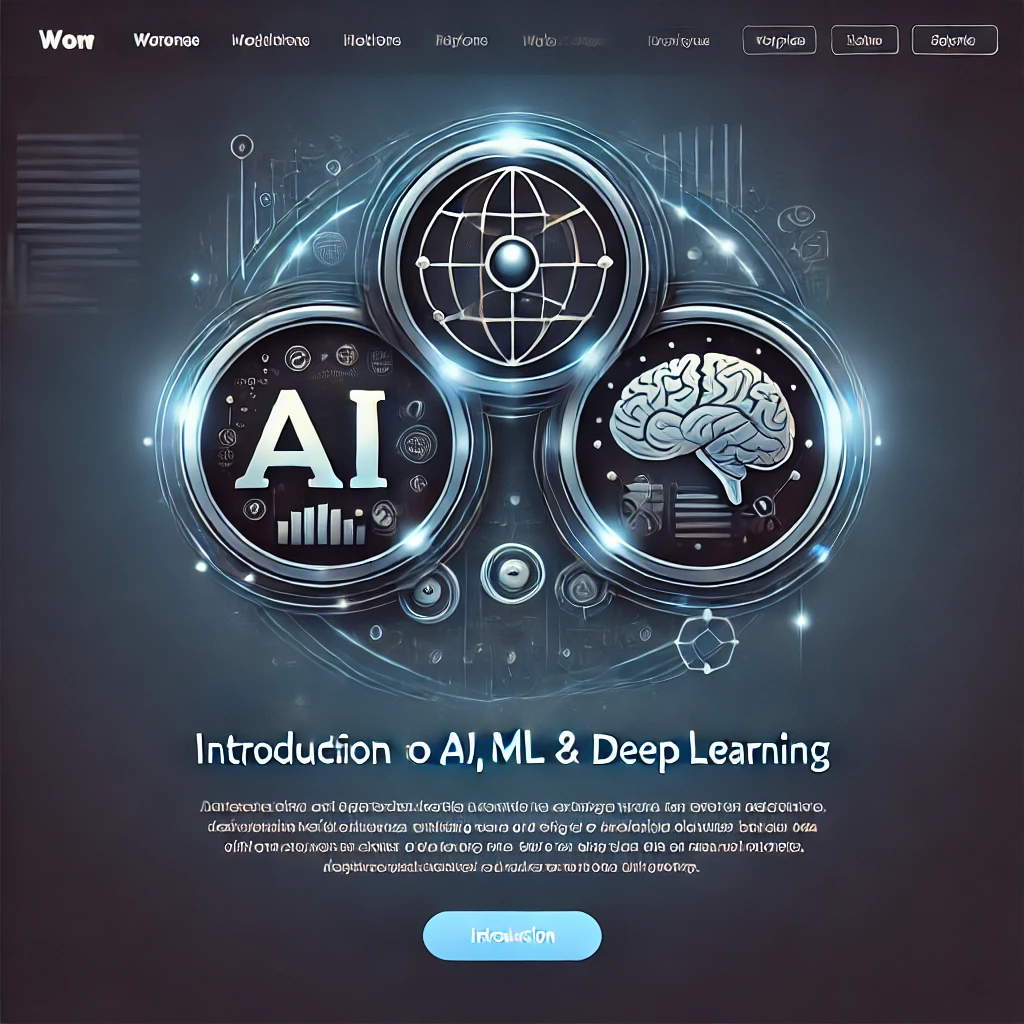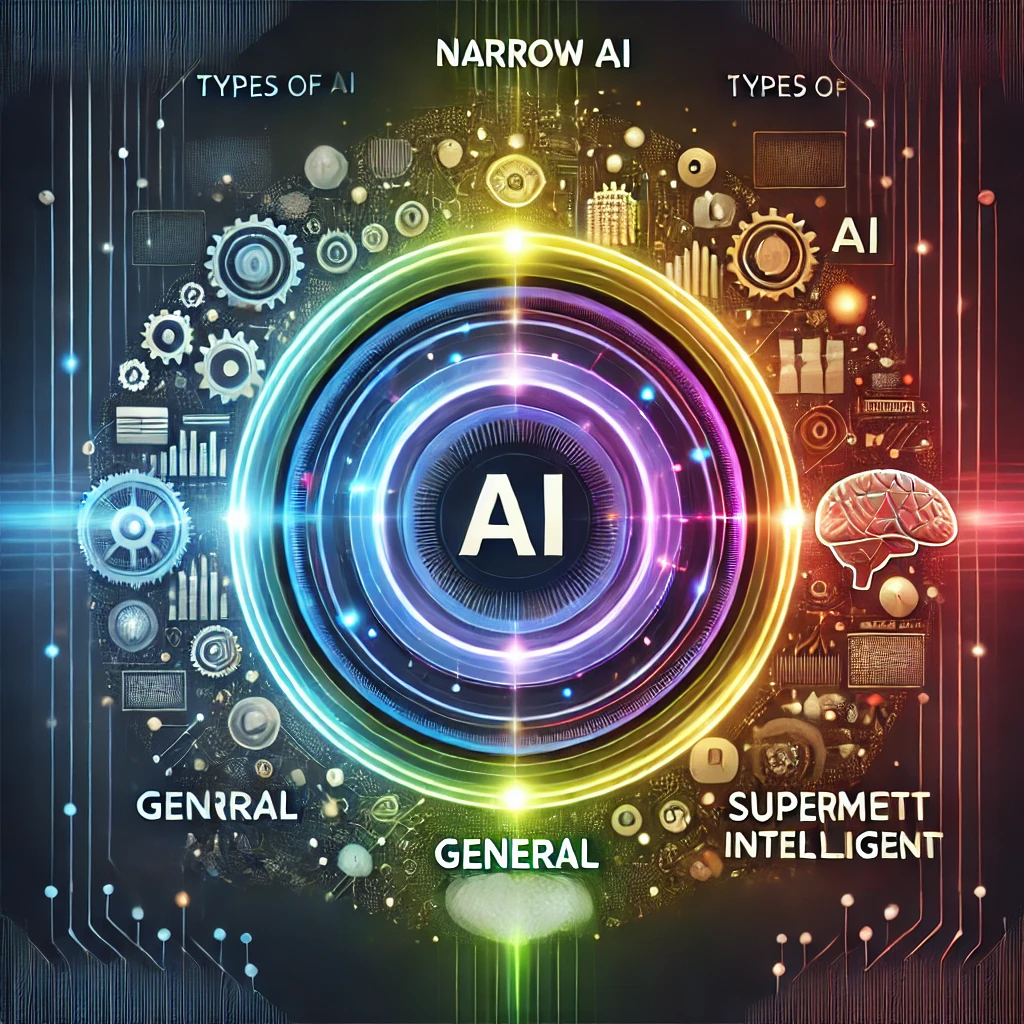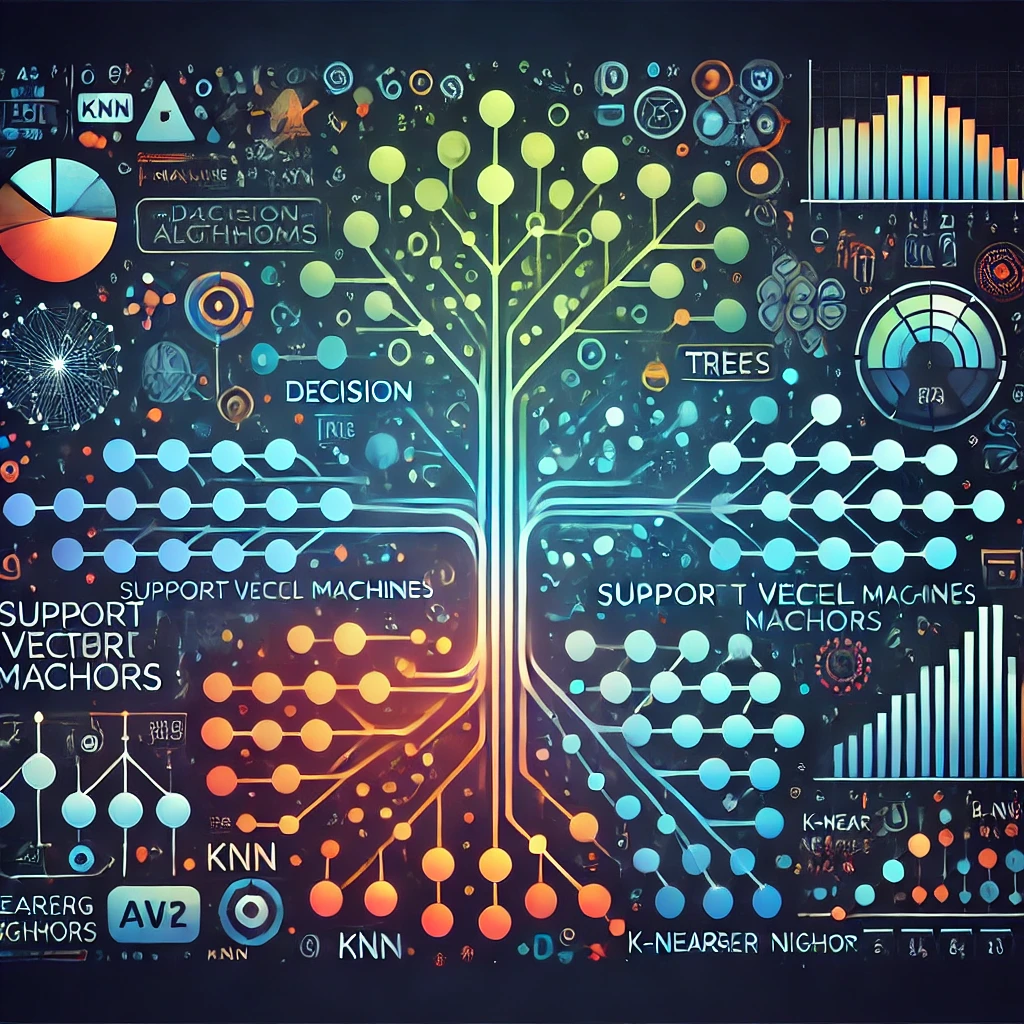In the rapidly evolving digital landscape, having a personal website has become not just a luxury but a necessity for professionals, creatives, and entrepreneurs alike. The challenge, however, lies in the design aspect, which can often be both daunting and costly. Fortunately, with the advent of artificial intelligence, a plethora of free AI tools have emerged, making website design accessible to all, regardless of technical ability.
This article aims to explore the best free AI tools for personal website design, offering readers not only insights into the tools but also practical tips on how to utilize them effectively. Whether you’re a newbie looking to establish your online presence or a seasoned professional eager to refine your site, understanding and utilizing these AI tools can significantly enhance your web design experience.
1. AI-Powered Website Builders
Website builders have long been the go-to solution for users looking to create websites without coding. Now, many incorporate AI to streamline the design process.
What They Offer
- Custom Templates: AI builders analyze your preferences and generate tailored templates.
- Accessibility: Drag-and-drop interfaces make designing websites straightforward.
- SEO Optimization: Many tools offer built-in SEO suggestions for better visibility.
Examples
- Wix ADI: Using artificial intelligence, Wix’s ADI offers personalized designs based on user answers to questions about their website needs.
- Zyro: Its AI Content Generator not only helps create website layouts but can also generate copy tailored to your brand.
Actionable Tips
- Spend time exploring the template options to find a design that resonates with your brand.
- Utilize the SEO tools to improve your website’s visibility on search engines.
- Regularly update your website design, using the AI suggestions to keep it fresh.
2. AI Graphic Design Tools
Visual appeal is critical for personal websites. AI-driven graphic design tools can help you create stunning graphics without needing a design background.
Benefits
- User-Friendly Interfaces: Most graphic design tools come with intuitive features facilitating easy navigation.
- Templates and Elements: Access to vast libraries of pre-made elements saves time.
- AI Drafting: Some tools can generate graphics from textual descriptions.
Examples
- Canva: This platform uses AI to recommend layouts and images based on your content and intended audience.
- Designhill: It offers an AI-powered logo maker that can create logos in various styles based on user inputs.
Actionable Tips
- Start by sketching out your ideas, then use graphic design tools to digitally enhance them.
- Experiment with different color palettes and fonts to find what works best for your brand identity.
- Leverage design tool tutorials to master the features swiftly.
3. AI Content Creation Tools
Quality content is crucial for engaging visitors and improving SEO. AI writing tools are revolutionizing content creation for personal websites.
Types of Content Generated
- Blog Posts: Generate informative blog posts based on keywords or topics.
- Social Media Posts: Create catchy posts optimized for various platforms.
- Website Copy: Craft compelling, persuasive copy for landing pages.
Examples
- Copy.ai: This tool generates high-quality marketing copy and blog ideas based on prompts you provide.
- Jasper: known for its versatility, Jasper can write anything, from emails to full-length blog posts.
Actionable Tips
- Identify key topics your audience cares about and generate content focused on these areas.
- Editing is vital; always review and refine AI-generated content to match your voice.
- Consider using AI to brainstorm content ideas regularly, keeping your website fresh and engaging.
4. AI UX/UI Design Tools
User experience (UX) and user interface (UI) are paramount in ensuring visitors stay engaged on your personal website. AI tools can optimize these elements significantly.
Key Features
- User Behavior Analysis: AI can analyze visitor interactions and suggest design adjustments.
- A/B Testing: Some tools allow for quick A/B testing to see which designs perform better.
- Heatmaps: These visualize where users click most on your site.
Examples
- Hotjar: Analyzes user behavior through heatmaps, session recordings, and feedback.
- Adobe XD: Utilizes AI features to streamline UI design and prototype experiences.
Actionable Tips
- Regularly check heatmaps to see how users navigate your site and adjust layout accordingly.
- Involve real users in testing to gain insights beyond what AI tools can provide.
- Keep refining your UX/UI based on feedback and analytical data.
5. AI Analytics Tools
Understanding your audience and their behavior on your website is essential for improvement. AI analytics tools provide deep insights to help you make informed decisions.
What to Expect
- Visitor Tracking: Track how many people visited your site and what they did.
- Demographic Insights: Understand the demographics of your audience.
- Performance Metrics: Measure the success of your content and design.
Examples
- Google Analytics: While it requires some setup, it’s a powerful tool that provides countless metrics regarding your site’s performance.
- Matomo: An open-source analytics platform that offers detailed insights into user behavior.
Actionable Tips
- Set specific goals for what you want to track—this can help streamline your data collection efforts.
- Utilize the insights gained to tweak your content and promotional strategies accordingly.
- Stay updated on analytics trends to continuously refine your approach.
As we embrace the digital age, creating a personal website has never been easier, thanks to the abundance of free AI tools at our disposal. From website builders to content creation and analytics tools, these resources empower everyone from amateurs to seasoned professionals to design captivating websites that resonate with their audience. By incorporating the strategies and tools discussed in this article, you can efficiently create and optimize your personal website, ensuring it stands out in an ever-competitive online environment.
Now that you’re armed with knowledge about these AI tools, consider diving in and trying some of them out. Whether you design your website, generate content, or analyze your user base, each tool mentioned can profoundly impact your online presence. Share your experiences in the comments below!
FAQS
What are AI tools for website design?
AI tools for website design are software solutions that leverage artificial intelligence to simplify the design process, automate tasks, and improve user experience.
Are there free AI tools for personal website design?
Yes, there are several free AI tools available including Wix ADI, Canva, and Google Analytics that can aid in creating and managing your personal website.
Do I need coding skills to use AI website builders?
No coding skills are required to use AI website builders. They are designed with user-friendly interfaces for easy navigation.
How can I improve my website’s SEO using AI tools?
Many AI tools provide keyword suggestions, content optimization tips, and SEO-friendly templates to enhance your website’s visibility.
Can AI help with website content creation?
Absolutely! AI writing assistants can generate content ideas, drafts, and even refine existing drafts for better readability and engagement.
What should I consider when choosing an AI tool for my website?
Consider your specific needs such as design complexity, content type, and the level of customization you desire.
Are AI tools reliable for professional use?
Yes, many AI tools are trusted by professionals worldwide and have continually improved with user feedback and technological advancements.
How can I track my website’s performance with AI?
AI analytics tools like Google Analytics provide insights into visitor behavior and site performance to help you refine your strategies.
Can I integrate multiple AI tools for better results?
Yes, integrating various AI tools can create a powerful synergy that enhances website design, content creation, and analytics.
Is there a learning curve with AI tools?
While there may be some learning involved, most AI tools are designed to be intuitive, with tutorials and support to assist users.




